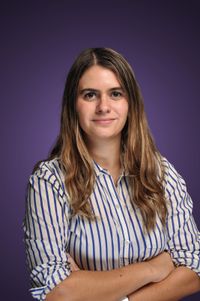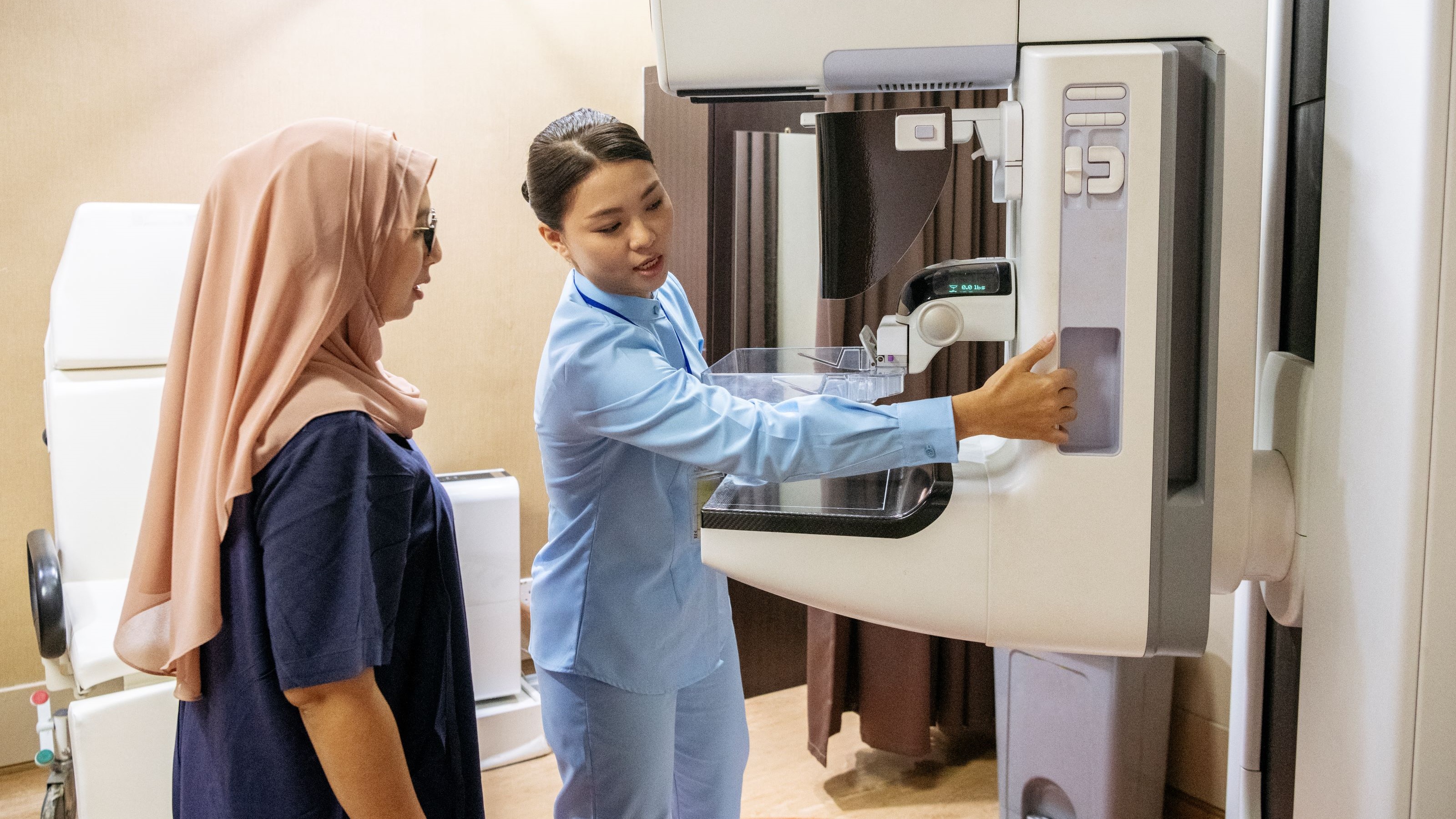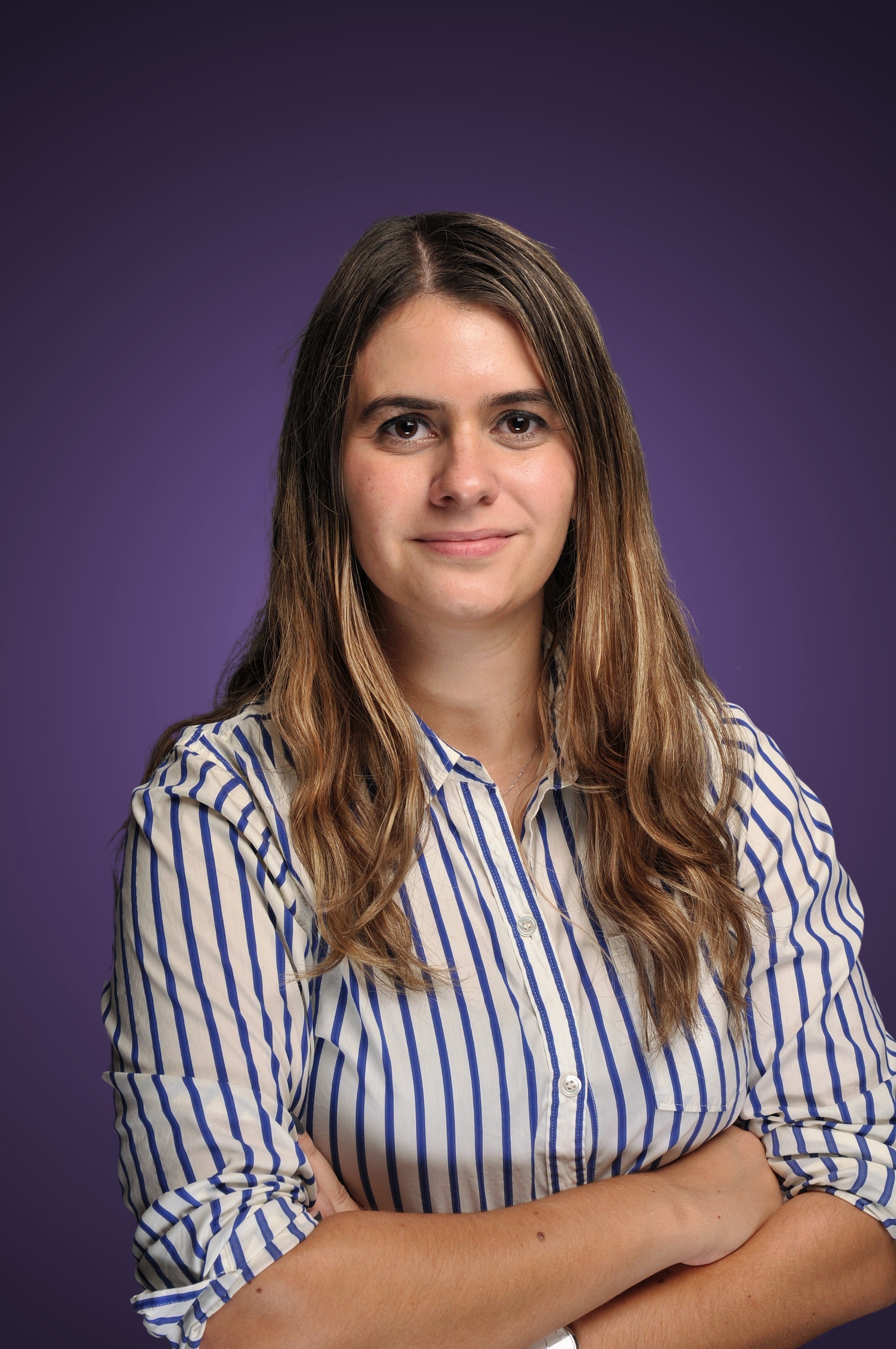Mammogram Guidance Changes: Invest In Your Health
Health experts have lowered the recommended age to start getting mammograms.


Profit and prosper with the best of Kiplinger's advice on investing, taxes, retirement, personal finance and much more. Delivered daily. Enter your email in the box and click Sign Me Up.
You are now subscribed
Your newsletter sign-up was successful
Want to add more newsletters?

Delivered daily
Kiplinger Today
Profit and prosper with the best of Kiplinger's advice on investing, taxes, retirement, personal finance and much more delivered daily. Smart money moves start here.

Sent five days a week
Kiplinger A Step Ahead
Get practical help to make better financial decisions in your everyday life, from spending to savings on top deals.

Delivered daily
Kiplinger Closing Bell
Get today's biggest financial and investing headlines delivered to your inbox every day the U.S. stock market is open.

Sent twice a week
Kiplinger Adviser Intel
Financial pros across the country share best practices and fresh tactics to preserve and grow your wealth.

Delivered weekly
Kiplinger Tax Tips
Trim your federal and state tax bills with practical tax-planning and tax-cutting strategies.

Sent twice a week
Kiplinger Retirement Tips
Your twice-a-week guide to planning and enjoying a financially secure and richly rewarding retirement

Sent bimonthly.
Kiplinger Adviser Angle
Insights for advisers, wealth managers and other financial professionals.

Sent twice a week
Kiplinger Investing Weekly
Your twice-a-week roundup of promising stocks, funds, companies and industries you should consider, ones you should avoid, and why.

Sent weekly for six weeks
Kiplinger Invest for Retirement
Your step-by-step six-part series on how to invest for retirement, from devising a successful strategy to exactly which investments to choose.
Guidance for when to start getting mammograms was updated by the U.S. Preventive Services Task Force on Tuesday, lowering the recommended starting age to 40. It's a good reminder that as much as you maintain investments in your stock portfolio, you should be maintaining investments in your health.
The task force had raised the recommended starting age from 40 to 50 in 2009, according to The New York Times, so this reversal is significant and demonstrates a dramatic new outlook on the screenings. There has been an apparent increase in cancer diagnoses in women under 50, per the Times, and there is still a stark difference in survival rates for Black women diagnosed with breast cancer.
"New and more inclusive science about breast cancer in people younger than 50 has enabled us to expand our prior recommendation and encourage all women to get screened in their 40s," the USPSTF said in their draft language released Tuesday. "We have long known that screening for breast cancer saves lives, and the science now supports all women getting screened, every other year, starting at age 40."
From just $107.88 $24.99 for Kiplinger Personal Finance
Become a smarter, better informed investor. Subscribe from just $107.88 $24.99, plus get up to 4 Special Issues

Sign up for Kiplinger’s Free Newsletters
Profit and prosper with the best of expert advice on investing, taxes, retirement, personal finance and more - straight to your e-mail.
Profit and prosper with the best of expert advice - straight to your e-mail.
Preventative care is an investment in your health
If there's one thing I'm really adamant about, it's keeping up with preventative health measures. Schedule your annual doctor's appointment, swing by a gynecologist, get a flu shot, and if you're already at the dermatologist's office to get your new retinoid prescription, might as well ask them to do a skin check, too.
Yes, it takes some effort to schedule these appointments and get yourself there — that's what makes it an investment. And investments get returns. If you keep up with regular screenings, you'll be more likely to catch issues before they become more serious (and expensive) problems.
Plus, aside from the time it takes up, preventive health care often isn't an expensive investment. The Affordable Care Act signed by President Barack Obama in 2010 requires most health insurance plans to cover recommended preventive services without cost to the patient.
"Preventive services that have strong scientific evidence of their health benefits must be covered and plans can no longer charge a patient a copayment, coinsurance or deductible for these services when they are delivered by a network provider," the Health Resources and Services Administration explains.
This includes mammograms, screenings for cervical cancer, and prenatal care, along with other services, according to the HRSA.
I'm grateful to my family and friends who have gone through treatments for breast cancer — grateful, because they followed guidelines for screenings and asked for care when something felt wrong, investing in their health so we get plenty more time together.
Related Content
Profit and prosper with the best of Kiplinger's advice on investing, taxes, retirement, personal finance and much more. Delivered daily. Enter your email in the box and click Sign Me Up.

Alexandra Svokos is the digital managing editor of Kiplinger. She holds an MBA from NYU Stern in finance and management and a BA in economics and creative writing from Columbia University. Alexandra has over a decade of experience in journalism and previously served as the senior editor of digital for ABC News, where she directed daily news coverage across topics through major events of the early 2020s for the network's website, including stock market trends, the remote and return-to-work revolutions, and the national economy. Before that, she pioneered politics and election coverage for Elite Daily and went on to serve as the senior news editor for that group.
Alexandra was recognized with an "Up & Comer" award at the 2018 Folio: Top Women in Media awards, and she was asked twice by the Nieman Journalism Lab to contribute to their annual journalism predictions feature. She has also been asked to speak on panels and give presentations on the future of media and on business and media, including by the Center for Communication and Twipe.
-
 Stocks Sink With Alphabet, Bitcoin: Stock Market Today
Stocks Sink With Alphabet, Bitcoin: Stock Market TodayA dismal round of jobs data did little to lift sentiment on Thursday.
-
 Betting on Super Bowl 2026? New IRS Tax Changes Could Cost You
Betting on Super Bowl 2026? New IRS Tax Changes Could Cost YouTaxable Income When Super Bowl LX hype fades, some fans may be surprised to learn that sports betting tax rules have shifted.
-
 How Much It Costs to Host a Super Bowl Party in 2026
How Much It Costs to Host a Super Bowl Party in 2026Hosting a Super Bowl party in 2026 could cost you. Here's a breakdown of food, drink and entertainment costs — plus ways to save.